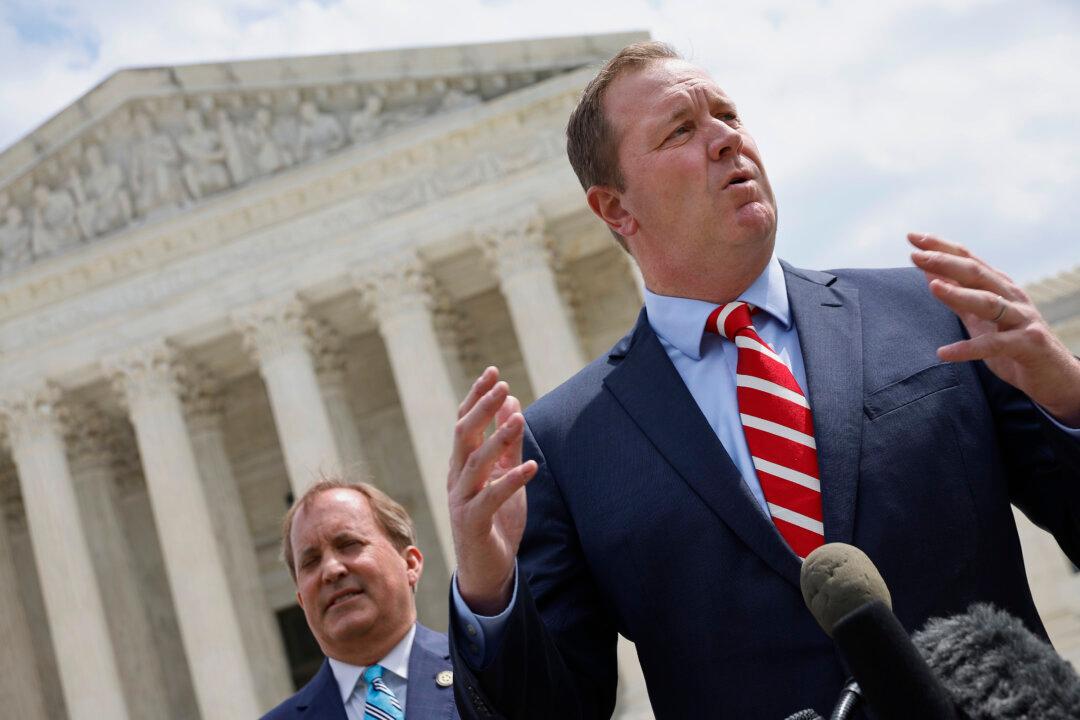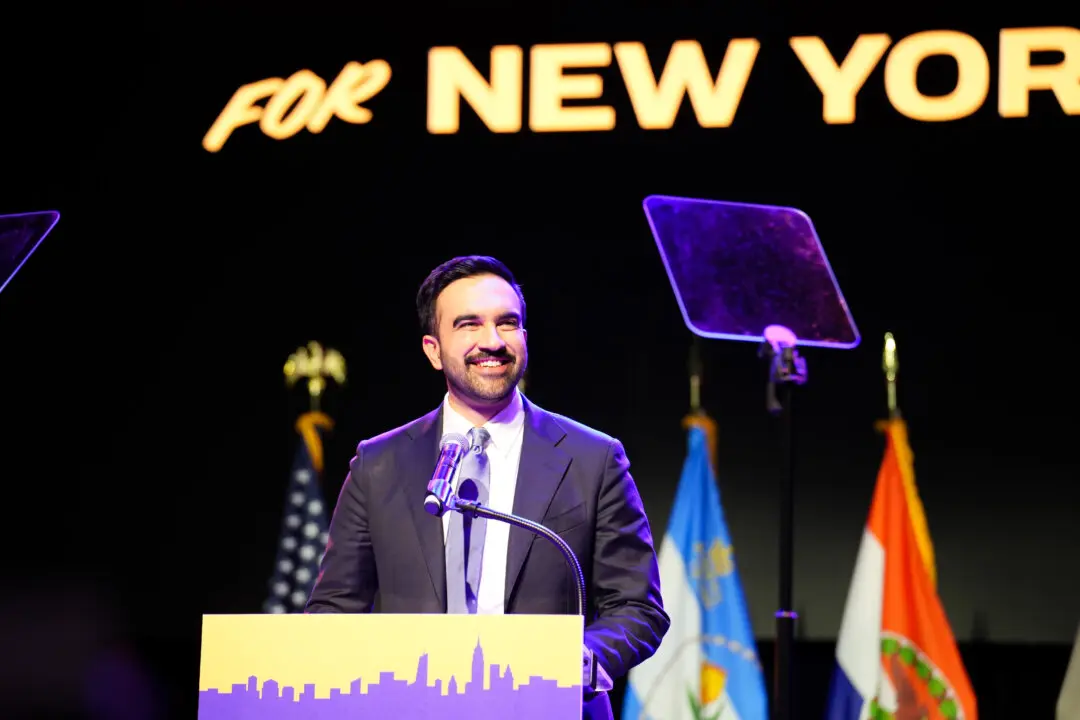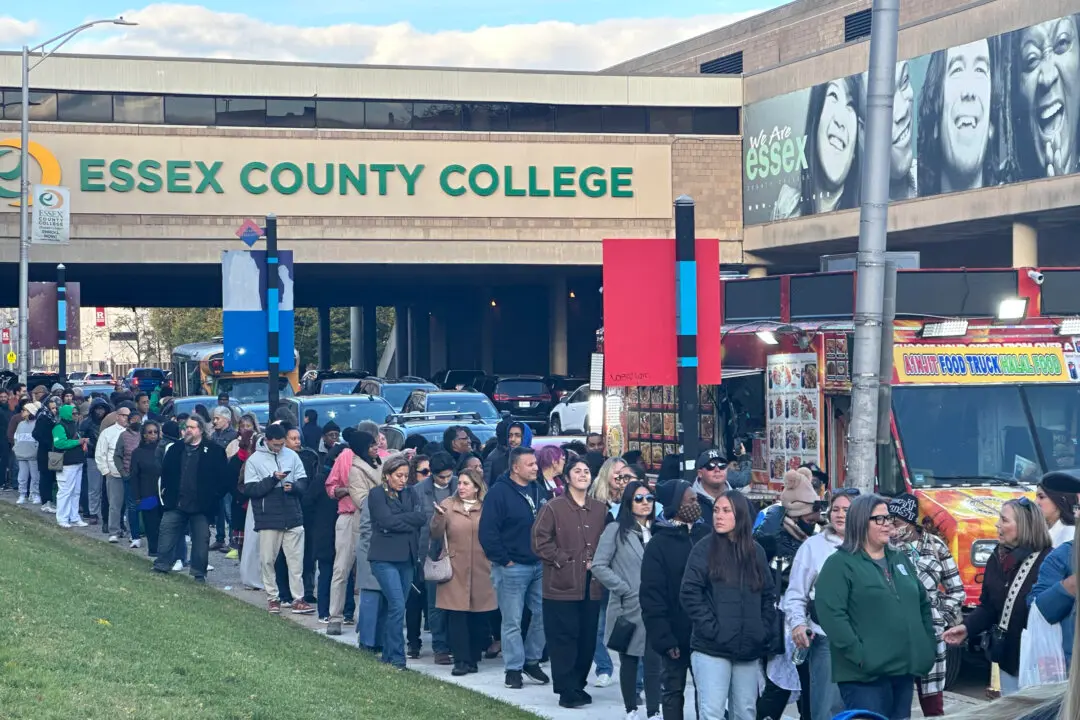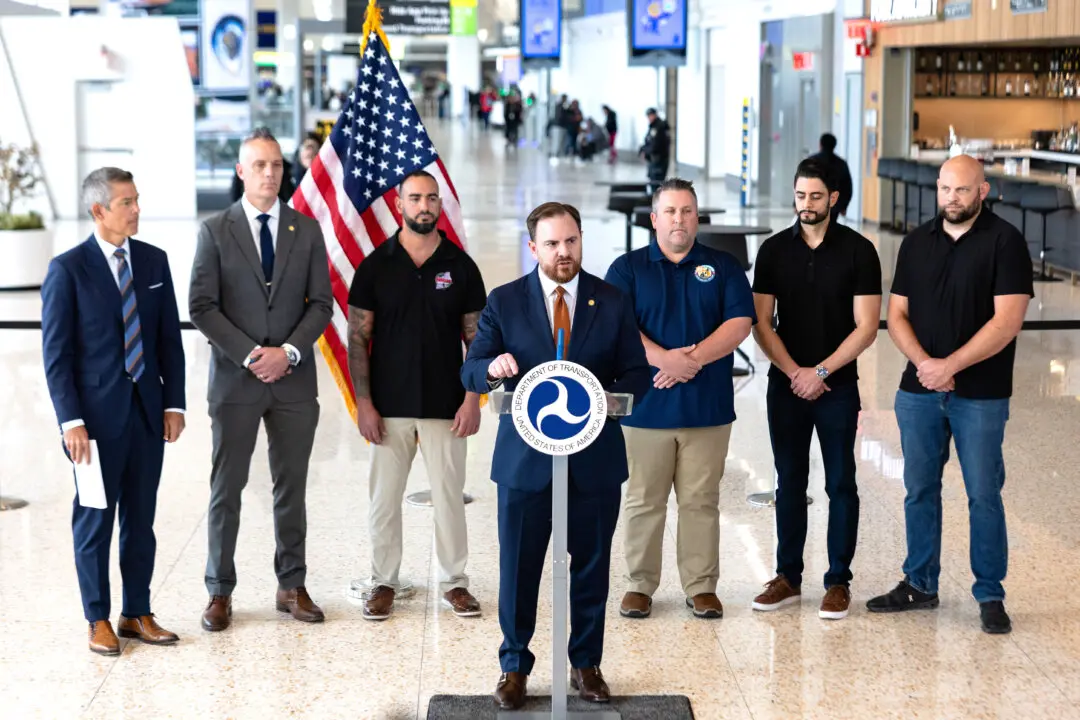Surveys in Missouri schools that collect information from students and create a perceived need for a so-called social-emotional learning curriculum have drawn the attention of state officials.
Attorney General Eric Schmitt issued subpoenas last week to seven school districts that allegedly employ student surveys—created by education companies Panorama and Project Wayfinder—that gather data about parents’ political beliefs and income levels, as well as racial identity, sexual behaviors, and mental health.





